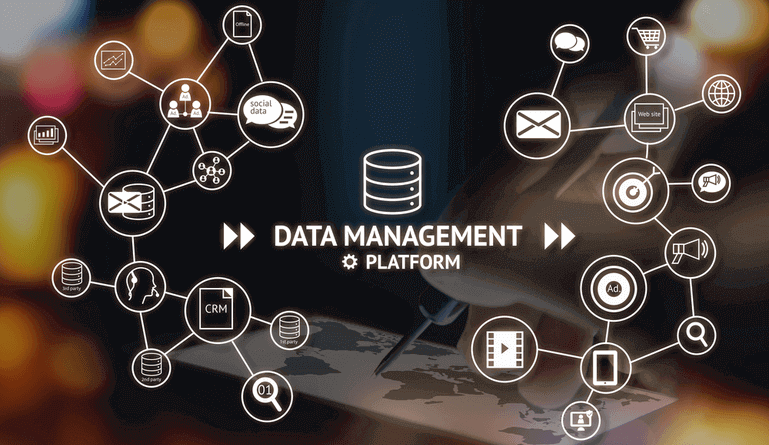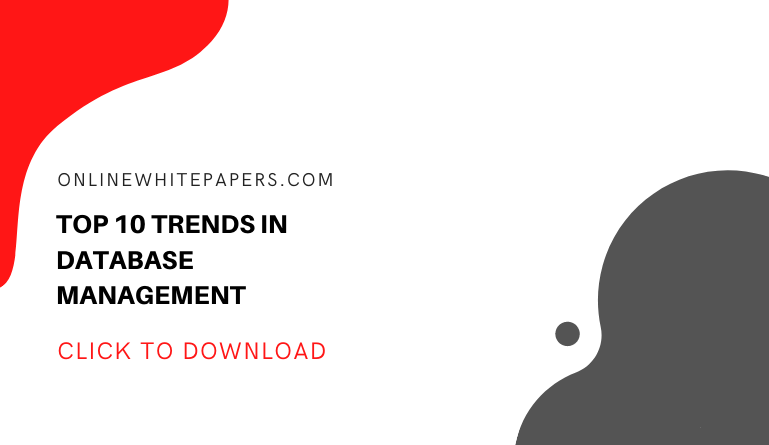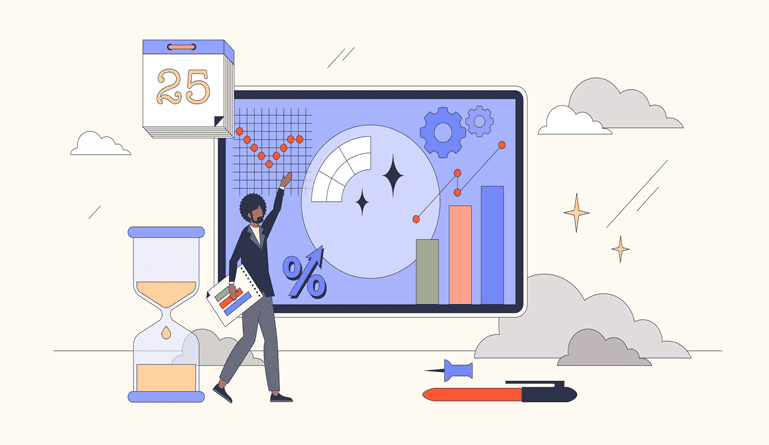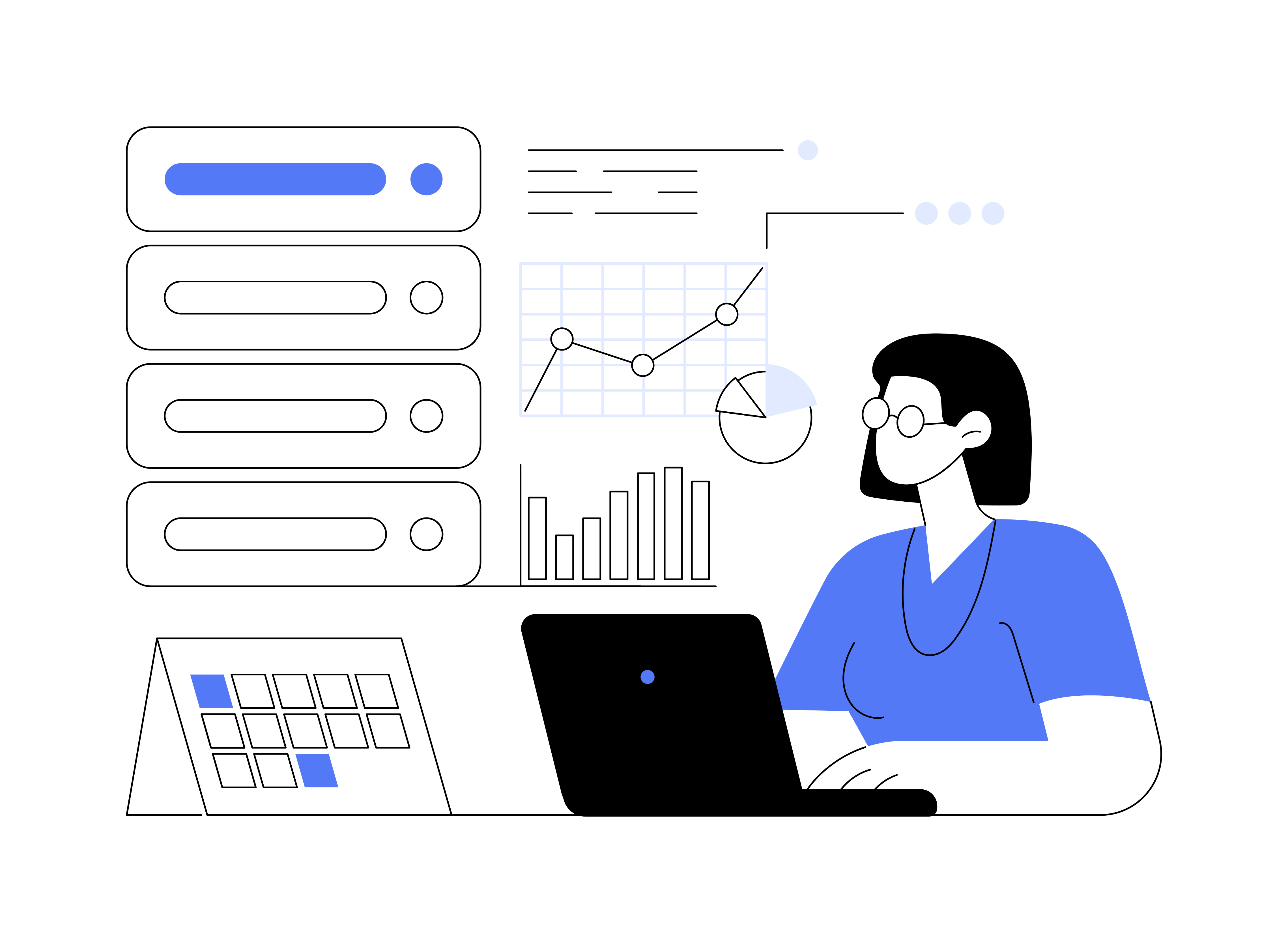With the right tools, your business can leverage processes and results, data management has a lot to add to your company’s results and projects.
This is a strategic area, which allows businesses of different sizes and segments to base their decisions on reliable information.
Although it is a relatively new field of knowledge, it is not new that companies decide the ideal path based on data. What is increasingly emerging as a trend, however, is the use of tools that qualify all stages of the process, from data collection to its organization and transformation into useful information.
At the speed with which new data emerges, it is essential that companies are prepared to monitor, analyze and know how to manage information. This evolution has led to the development of good platforms to strategically align data. If your company does not yet have a tool to measure and manage relevant data, get to know the best platforms to help your business develop.
In this context, you will understand everything about the data management platform (DMP), how to manage data and how to use it in favor of your goals.
What is a Data Management Platform (DMP)?
A data management platform is a tool that helps to collect, analyze, organize data from different sources either on the cloud, online, offline or for mobile, and many more. This is a form of marketing that allows you to have full control of your business or businesses giving you full insight and also equipping you with the right clue on what to do to improve your business.
Hope you are not confused on this, to further break down the topic for better understanding you need to know about what data management really is, once you know this you easily know how to make use of data management platforms.
What Is Data Management?
Data management platform definition is so simple and direct. Data management is an area related to the administration and use of information for decision-making in business.
It comprises the use of teams and tools to facilitate the processes of identification, collection, storage, access, organization, analysis, use, and protection of important data for a project, this is where data management platforms come in handy.
Examples Of Data Management Platforms
Below are the most popular data management platforms:
-
OnAudience
OnAudience is one of the best data management platforms out there as it allows the segmentation of customers according to various attributes like age, gender, and behavior. One added advantage of this type of DMP is that it helps in sourcing for potential customers while users have access to billions of profiles.
-
Lotame
Lotame is one of a kind, it stands out among the top best data management platforms with the added advantages which other DMP lacks, you get to enjoy a lot from this platform as it gives users information like user email address, social platforms, CRM tools, blogs, campaign data, and even mobile apps.
Aside from the listed benefits users also get to explore some optimization tools and it is a perfect DMP tool for publishers, marketers, and even digital agencies. With this tool, you can easily bring together all your data and increase user engagement.
-
SAS Data Management
SAS Data Management Suite is a perfect tool for the collection and management of data, and it serves as an open-source data management marketplace. To sieve data from Hadoop and Legacy systems then this is your best bet.
Users can easily update their data and also process their own analysis to reach the desired result, with its numerous and mouthwatering functions it is quite expensive for small business owners which is the only downside of the tool.
What Does a DMP Do?
Data Management Platforms are tools that collect different types of useful data either structured or unstructured and make organize it in a format another platform like SSPs, DSPs, AD Exchanges, and other data platforms can understand and can easily make use of.
How Does a DMP Work?
Have you been asking various questions about data management platforms like; how does a data management platform work? Here is an answer to your question.
A DMP is a tool designed to collect data from various sources or devices like desktop computers, browsers, CRM, mobile apps, analytic tools, POS, TVs, videos, and social platforms.
They allow the usage of keywords and other information to sieve data and they can go beyond this and also, they can structure the collected data for easy view.
On collection of data, we have the “First Party Data” which is being collected from clicks from URLs, video streams, video uploads, downloads, football data, demographic details, and even parenting.
After the collection of all the data then it can be used for ad targeting, for example, if you collected data on parenting you can use it to target moms of a particular age range e.g., 25 – 40 years and this will allow you to target those who really need the information you intend to disseminate.
Why Use a DMP?
All the strategies that are generated around your business are based on data, hence its importance. As your business progresses, the amount of data collected will grow and its management will become increasingly complicated. Therefore, perhaps a Data Management Platform can help you.
A DMP is a platform whose function is the management of audience data. It is dedicated to processing various data so that it can be organized into different profiles in order to segment audiences. In addition, the most important function of these platforms is to process this data through algorithms and return information made based on them. This information is very useful for decision-making within a company.
Its operation is based on collecting data from various sources (whether internal or external) and storing them in an orderly manner, under pre-configured criteria.
The DMPs collect three types of data:
- First Party Cookies: data that belongs to the company, which is obtained through its website, its social networks, etc.
- Second Party Cookies: first-party cookies from other companies, obtained through collaborations or agreements.
- Third-Party Cookies: third party data, essential to obtain more complete and detailed information on the habits of the audiences.
(Also Read: Best Data Management Platforms for B2B Marketing)
What are the main functions of a DMP?
The main functions of a data management platform are:
- Import
- Find
- Distribute
1. Import: This is when the platform collects information from different sources and structure it in a well-organized way on the particular customer if someone who is registered and for anonymous users will be through cookie level, e.g. customers email, user ID, behavior, past purchases, and many more.
2. Find: This is where customers or audience is being segmented e.g., moms of age range 25 – 40, living in New York, and also type of job the audience is into, based on the input filter the system check for those with such information or with related information from collected data or synchronization from cookies.
3. Distribute: After importing and finding then the information gathered is being distributed to plugins like the DSPs which will carry out the necessary actions that will then scale-up businesses.
What are the benefits & limitations of working with a DMP?
DMPs is so important for scaling up of businesses, it helps create a centralized hub where data can be stored and retrieved from. It is also beneficial when there is an intention of creating advert placement and in general, it is used to achieve a long-term goal of collection of audiences for future use.
The limitation comes in two main ways which are; privacy issues and data quality. DMPs utilize data gotten from numerous people both users and anonymous people which means that getting the consent of the individuals could be time-consuming.
Also, you cannot verify the data quality collected by the system, the data cannot be trusted and also can’t be relied on because there may be some typographical errors or users intentionally input wrong details, this can compromise your marketing strategy and campaigns, it will also waste some funds.
How to implement a Data Management Platform?
The implementation of DMP could be done by individual business owners, data management agencies, or a group of people from a company.
It is always advisable to opt for data management agencies as they have the technical know-how, they practice this every day and know how best to utilize this tool.
DPMs are a powerful tool that needs the right hands to handle it, though the skill-set to integrate this into your organization may not be available or the technology needed for integration. Another thing that should be considered is that the employees may not find it easy to adopt.
What’s the difference between a DMP and CDP?
The DMP (Data Management Platform) is a tool that has the ability to capture information from the different silos of user interaction with our digital assets. The main objective is to unify the data and make sense of it at the same time as making it extensible and activatable.
The CDP (Customer Data Platform) is a technology that emerged with the need to have the full potential of the unified 1st Party Data (off / on) and to have a single unified customer view of both the unknown user and the customer. The main objective is that the data flow in real-time, accessible and understandable for marketing professionals and with a great capacity for connectors.
In both platforms we can export the raw data to have the granular data, here there are several differences between them that are worth mentioning.
Final Thoughts
Data management allows your business to continue to evolve, after all, in the context of digital transformation, changes are fast and unexpected.
In order to be successful in this scenario, it is worth counting on the partnership of a company that has a deep knowledge of the best tools and practices for transforming data into information.








